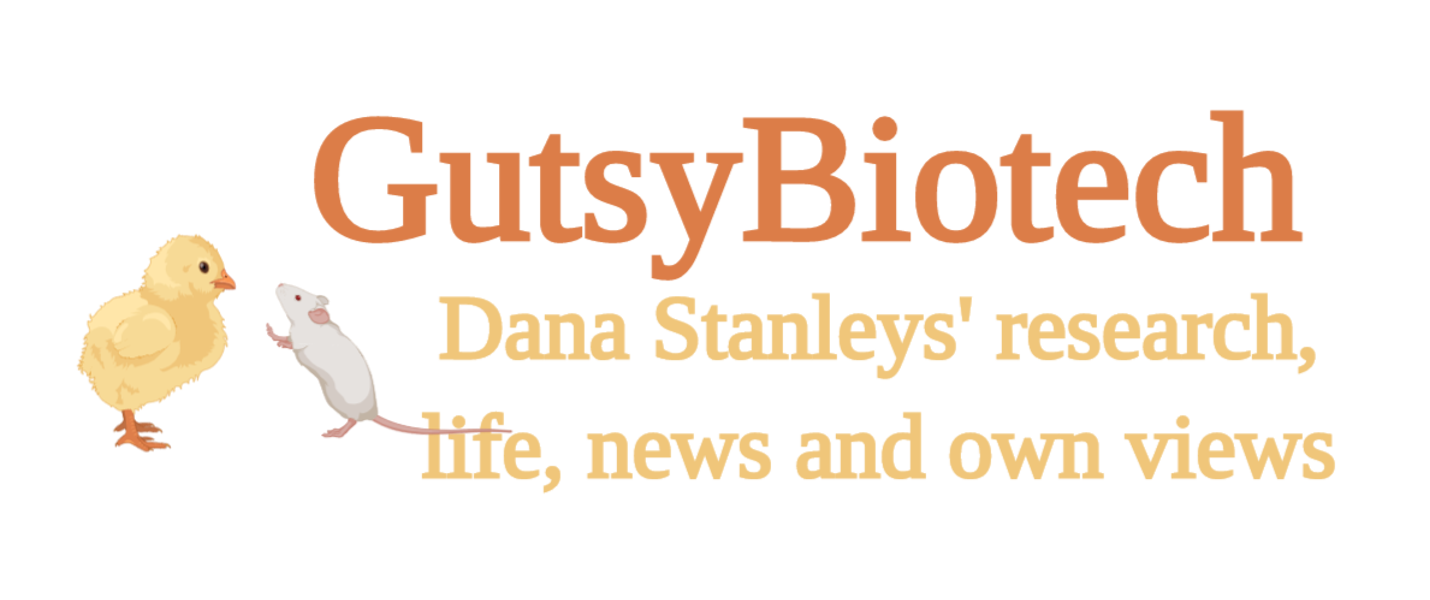what is a nano particle
Nanoparticles (NPs) are particles of dimensions less than 100 nm and they possess unique chemical and physical properties as compared to their bulk counterparts. NPs are used across diverse areas including biology, chemistry, physics and medicine; they are used in diagnosis and detection of pathogens, delivery platforms for drugs and genes, cancer therapy, electronics and tissue engineering. They are also used in environmental issues for the removal of toxins and pollutants and commercially in products such as antimicrobial agents, cosmetics and food packaging. They have a higher surface area to volume ratio and are shown to exhibit enhanced biocompatibility without inducing toxicity in the body. These unique properties along with their nano size enables delivery of various substances through passages such as paracellular, endocytotic and lymphatic. They have become an increasing interest in regards to their adsorption pathways in the body where they are able to efficiently elicit a fast response without undergoing digestion. This benefit has led to the integration of NPs in poultry feed as potential supplements to improve overall health and improve performance.
What we're using nanoparticles for
The main purpose to introduce NPs in poultry feed is to increase absorption and use of feed in the body to maximise retention of available vitamins and minerals. The poultry industry is greatly focused on improving health, disease resistance and productivity as it is one of the fastest growing industries within the agricultural sector and these attributes remain a farmer’s top priority in the broiler industry. The attention is mainly focused towards the reduction of zoonotic human pathogens as well as improving performance measures to achieve target market weight have been the main focus with introducing NPs as feed supplements. Silver (Ag) NPs have been the first NPs to be introduced in broiler feed as Ag ions are known to induce cell death with numerous studies showing a decrease in harmful bacteria, however in regards to performance, results demonstrated decreased growth and reduced efficiency in retaining and converting feed in broilers. This project, thus introduces the use of essential vitamins and minerals required by the body, such as Selenium, to improve growth and performance while bypassing the toxic effects that were shown with Ag.


